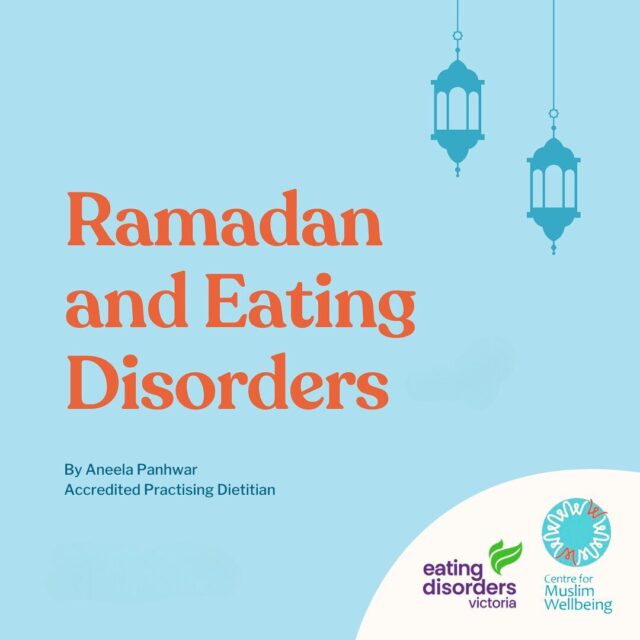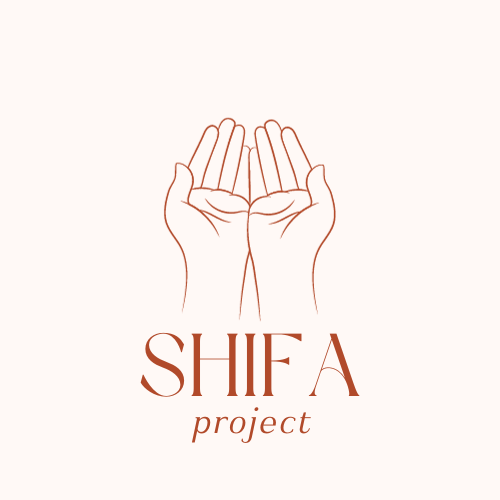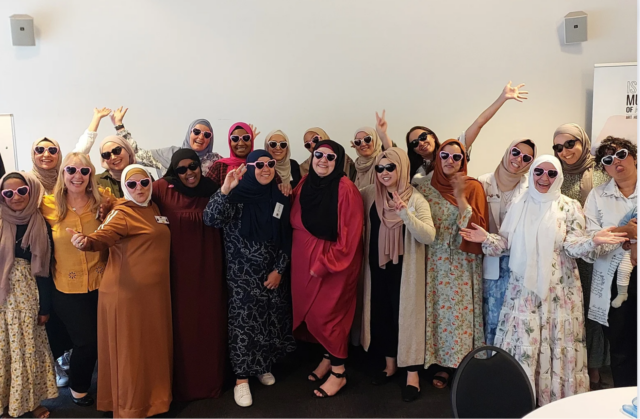My name is Omar, I am a mental health occupational therapist with experience working across youth mental health, drug and alcohol and trauma. More importantly, I am your brother.
One of the most transformative things young Muslim men can do today is revive the practice of “Sohba”. The people around the Messenger of Allah were called Sahabah (Companions). The Messenger of Allah (peace be upon him) emphasized companionship amongst his men. The concept of Sohba, emphasizing meaningful connections and deep bonds, is crucial for men’s mental health. It provides support, personal growth, and well-being. Sohba is the practice of a deep and true brotherhood. Imam Al-Ghazali has written a whole treatise on this.
Loneliness and social isolation are pressing issues today. Sohba encourages seeking the company of good brothers and then sharing the high and lows and strengths and vulnerabilities of life with each other. As men we often struggle to express emotions and seek support, leading to isolation and mental health concerns. Sohba fosters genuine connections, empathy, and understanding. You would see how the Sahabah would not only have this connection with The Prophet (peace be upon him) but also amongst each other: Bilal (may Allah be pleased with him) stood on the pulpit and said, ‘O people, I used to call the Adhan for the Messenger of Allah (peace be upon him), but now the Messenger of Allah is no longer among us. Who will take my voice?'” Ibn ‘Abbas further narrated, “That night, Bilal and another companion sat together, crying until the night passed.”
We often talk about the harshness and strength of our greatest warriors like Umar (ra). Men face societal pressures that hinder emotional expression. Do we reflect on their softness and how easily they would open to each other?
Hanzala ibn Abi ‘Amir met Abu Bakr and said, “Hanzala has become a hypocrite!” Abu Bakr asked, “SubhanAllah! What are you saying?” Hanzala replied, “When we are with the Prophet (peace be upon him) and he reminds us of Paradise and Hellfire, it feels as if we are seeing them with our own eyes. But when we go back to our families, engage in worldly affairs, and get involved in trade, we tend to forget and become preoccupied with this life.” Abu Bakr said, “By Allah, we experience the same thing.” They went to the Prophet (peace be upon him) and Hanzala explained his feelings. The Prophet (peace be upon him) said, “If you were in the same state as you are in my presence, the angels would shake hands with you on your beds and in the streets. But, O Hanzala, there is a time for this and a time for that.”
Here are some practical examples of how you can incorporate revive the practice of Sohba today:
- Join a Supportive Community: Seek out groups or organizations that align with your values and interests. Engage actively in discussions, share experiences, and build connections with like-minded individuals.
- Organize Regular Gatherings: Initiate regular gatherings with friends, family, or colleagues where you can engage in meaningful conversations and strengthen your bonds. It could be a weekly dinner, a book club, a sports activity, or even a virtual meet-up. Create a space where everyone feels comfortable expressing their thoughts, emotions, and challenges.
- Be The Brother You Need: Practice active listening and empathy when engaging with others. Make a conscious effort to be present, offer a listening ear, and provide support to those who may be going through difficult times. Sometimes, lending a compassionate ear can make a significant difference in someone’s life.
- Seek Mentors: Identify people who inspire you. Seek their guidance, wisdom, and advice on various aspects of life.
- Engage in Acts of Kindness Together: Collaborate with men around you to engage in acts of kindness and community service. These activities not only strengthen bonds but also create a positive impact on the community.
Remember, cultivating Sohba requires intentional effort and a genuine desire to connect with others. Start by taking small steps and gradually incorporate these practices into your life.
The bonds formed through Sohba are sacred and extend beyond individual well-being. It promotes collective responsibility, providing practical support and acts of kindness.
The Messenger of Allah (saws) said, “A Muslim is the brother of another Muslim; he does not wrong him or betray him.”
If you are a young man, find your companions of this life and the next. If you are raising young men, find companions that they can truly connect with in this life and the next.
Your brother,
Omar
About the author:
Omar Haniffa is a Senior Occupational Therapist, who has a strong passion in Community, Youth and Indigenous Mental Health and a particular interest in polyvagal theory, harm reduction, dual diagnosis, somatic and sensory integration in therapy.
Currently he is stewarding two organisations:
Shifa Support Services: providing youth focused mental health Occupational Therapy and disability support services.
Email: info@shifasupportservices.com
Archery Ascension Centre Inc: A Not-For-Profit community organisations which is improving wellbeing and social outcomes through connecting with our traditional martial arts particularly archery and horsemanship.
https://www.archeryascension.com.au
His mission is to make Madinahs: places of Wellbeing: Connectedness, Purposeful Activity, Safety.







